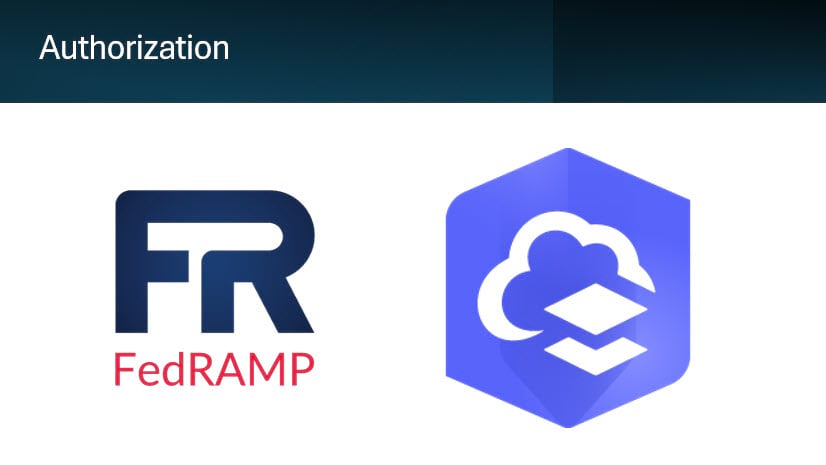We are pleased to announce a series of enhancements to our geocoding service as part of our continuous commitment to delivering cutting-edge solutions in the geospatial domain. This update includes bug fixes, API changes, and data updates that improve your experience and deliver more accurate and reliable results.
Quality Improvements
Our team has been hard at work addressing bugs and making numerous quality improvements to ensure a seamless and efficient user experience. These enhancements are designed to make your interactions with our services smoother and more reliable.
- Support for Czechia: One of the key updates is the addition of support for geocoding addresses without street names in Czechia. This means that our system can still provide accurate location results for those addresses in Czechia that do not have formal street names.
- Short Input Handling: We have also improved the handling of short input for suggest requests. Now, even with just one or two characters, our system can provide relevant suggestions, making it easier for you to find what you’re looking for quickly.
- Language Detection Enhancements: To ensure the accuracy of address labels, we have enhanced our language detection algorithms. This prevents mixed-language output in address labels, ensuring that the information is presented in a clear and consistent manner.
API and Service Updates
Our latest release includes important changes to our API and service outputs, further enhancing your experience.
- MagicKey Update: We have introduced a new error message for findAddressCandidates requests. If you include an outdated MagicKey value, the system will now return an error message stating that the MagicKey was not generated from the current release and is no longer valid. This helps you stay up-to-date and avoid reliance on obsolete MagicKey values.
- Coordinate Precision: In reverseGeocode responses, we have made improvements to the output of x, y coordinate values. They no longer include extraneous decimal places and are now rounded to 12 decimal places. This ensures more appropriate precision in the coordinate data provided by our services.
- Enhanced Postal Data: Additionally, we have enhanced the output address labels for Postal geocoding candidates. They now include additional administrative boundary information, providing you with more comprehensive and detailed address labels.
Reference Data Updates
Our commitment to providing up-to-date reference data continues with several new additions and
- New Data Sources: We’ve integrated fresh address data for regions like Schleswig-Holstein (Germany) and North Carolina (USA), as well as boundary datasets for Iceland and the Netherlands. These new data sources expand our coverage and provide you with the latest address and boundary information for these regions, ensuring you have access to the most up-to-date data for your geocoding needs.
- Expanded Data Sets: Detailed populated place data for France and subaddress geocoding for South Korea have been added. These expanded data sets enhance your ability to analyze and visualize data at a local level, providing you with more comprehensive and precise location information.
- Infutor & HERE Updates: Both the Infutor address data for the USA and the HERE reference data have been refreshed for up-to-date information. These updates ensure that you have access to the most accurate and reliable data sources, enabling you to make informed decisions and deliver better services.
- Community Contributions: We’ve also included valuable data updates from the GIS user community through the Community Addresses Initiative. These contributions further enhance the quality and coverage of our data, as they come directly from users like you who are actively engaged in the geospatial community. Together, we are building a comprehensive and reliable data ecosystem.
Requirements:
To access the ArcGIS World Geocoding service, you will need an ArcGIS Developer account or an ArcGIS Online account, along with an access token (API key or OAuth 2.0).
Learn More about World Geocoding Service
Want to get started with World Geocoding Service? Please click below:
ArcGIS World Geocoding Service
Additional Help:
Please visit the ArcGIS World Geocoding service Data Coverage page. If you have additional questions about software support, please contact support!
For information on improvements made in this update, visit the What’s New page.


Article Discussion: